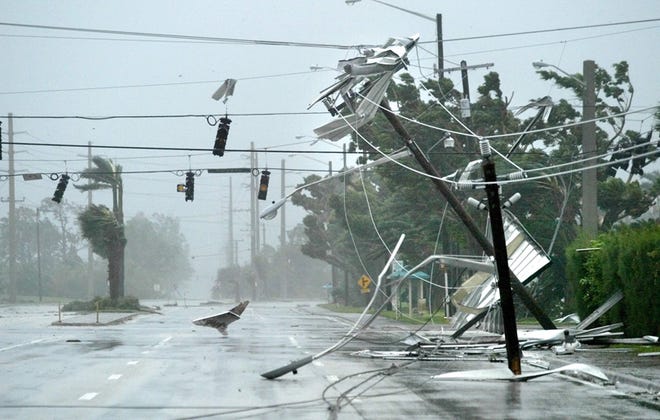It’s hurricane season again, and Florida’s property insurance market remains unprepared. The state has long been tempted by the idea of legislating away the high costs of hurricane exposure by artificially lowering insurance rates. However, this approach has proven to be a short-sighted solution that ultimately costs Floridians more in the long run.
Recently, Florida lawmakers considered reversing recent property insurance reforms, despite their positive impact on market stabilization. Thankfully, the Florida Senate stopped a bill that would have reversed these hard-fought legal reforms, allowing them more time to take effect. However, Floridians still face high insurance costs, partly due to the state’s history of artificially suppressing rates.
The Cost of Artificially Low Rates
When Citizens Property Insurance Corp. underprices risk or state regulators restrict private insurers from charging actuarially sound rates, the market reacts. Insurers leave, capital dries up, and when losses occur, the true cost is shifted to the public. This “hurricane tax” is a hidden levy that Floridians pay for the temporary comfort of lower premiums.
Mitigation: A Long-Term Solution
The National Institute of Building Sciences estimates that every $1 spent on mitigation saves $6 to $7 in future disaster recovery costs. Programs like the My Safe Florida Home grant have demonstrated their value, providing grants and inspections that help homeowners strengthen their properties. The results are promising: fewer claims, less damage, and quicker recoveries.
A Way Forward
Florida policymakers have made efforts to stabilize the market, but more needs to be done. Allowing insurance pricing to reflect exposure to risk and continuing to offer mitigation grants to strengthen homes is crucial. While mitigation may not offer the same short-term political wins as artificially cutting rates, it provides a long-term solution that will benefit all Floridians.

By focusing on risk mitigation and allowing insurance pricing to reflect true risk, Florida can create a more resilient and sustainable property insurance market. This approach may not be as politically expedient as legislating away costs, but it will ultimately benefit Floridians in the long run.


